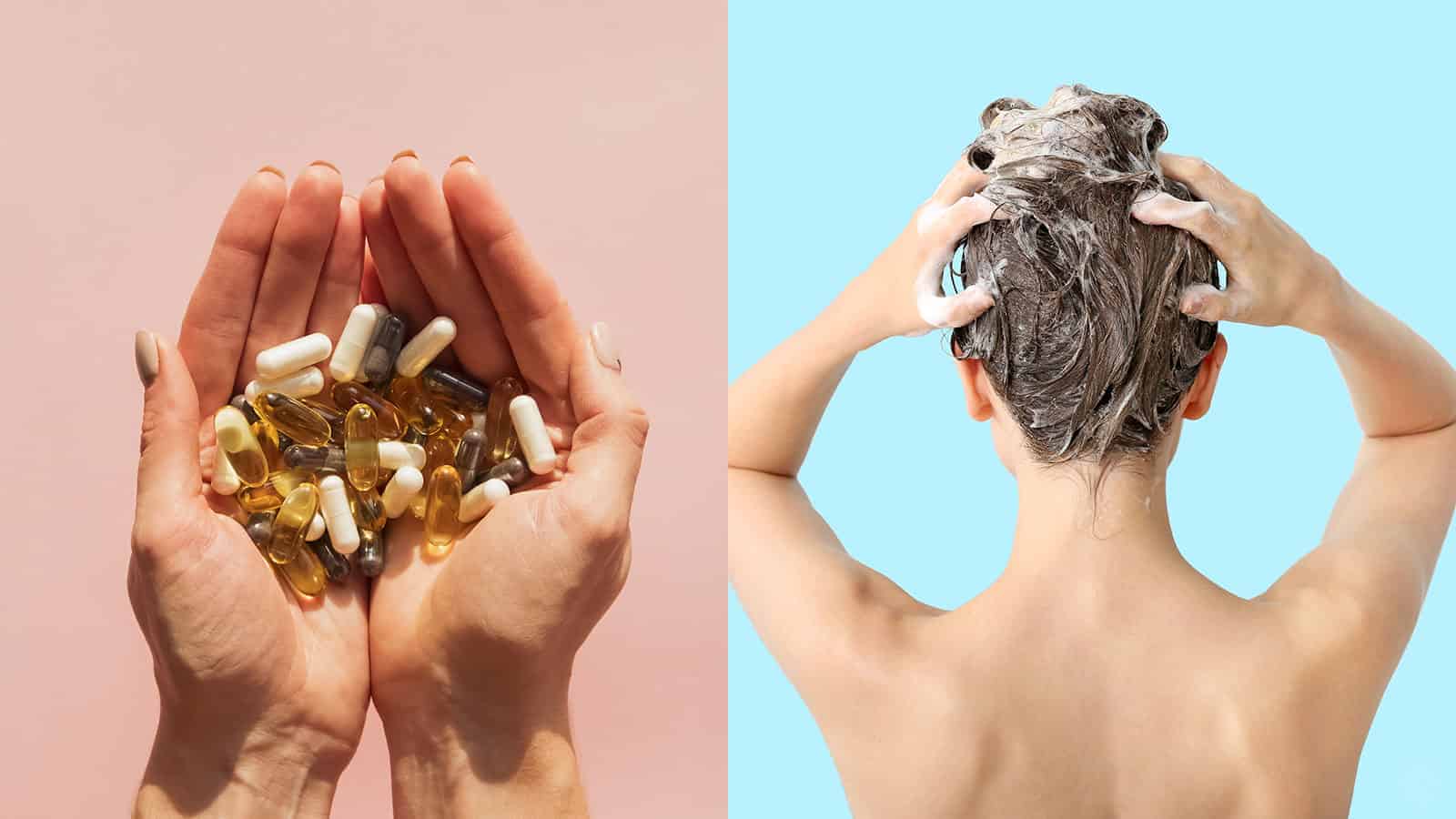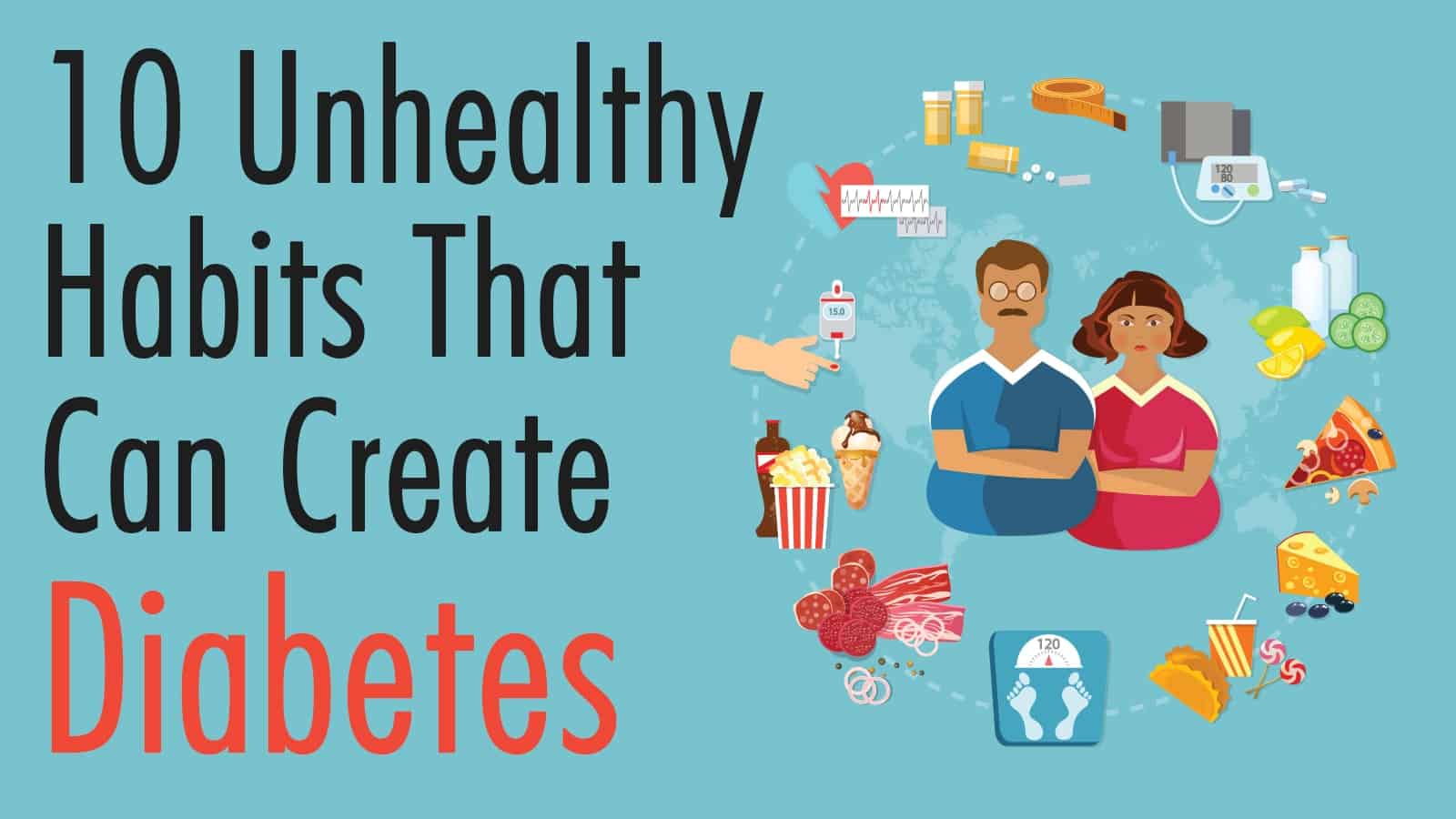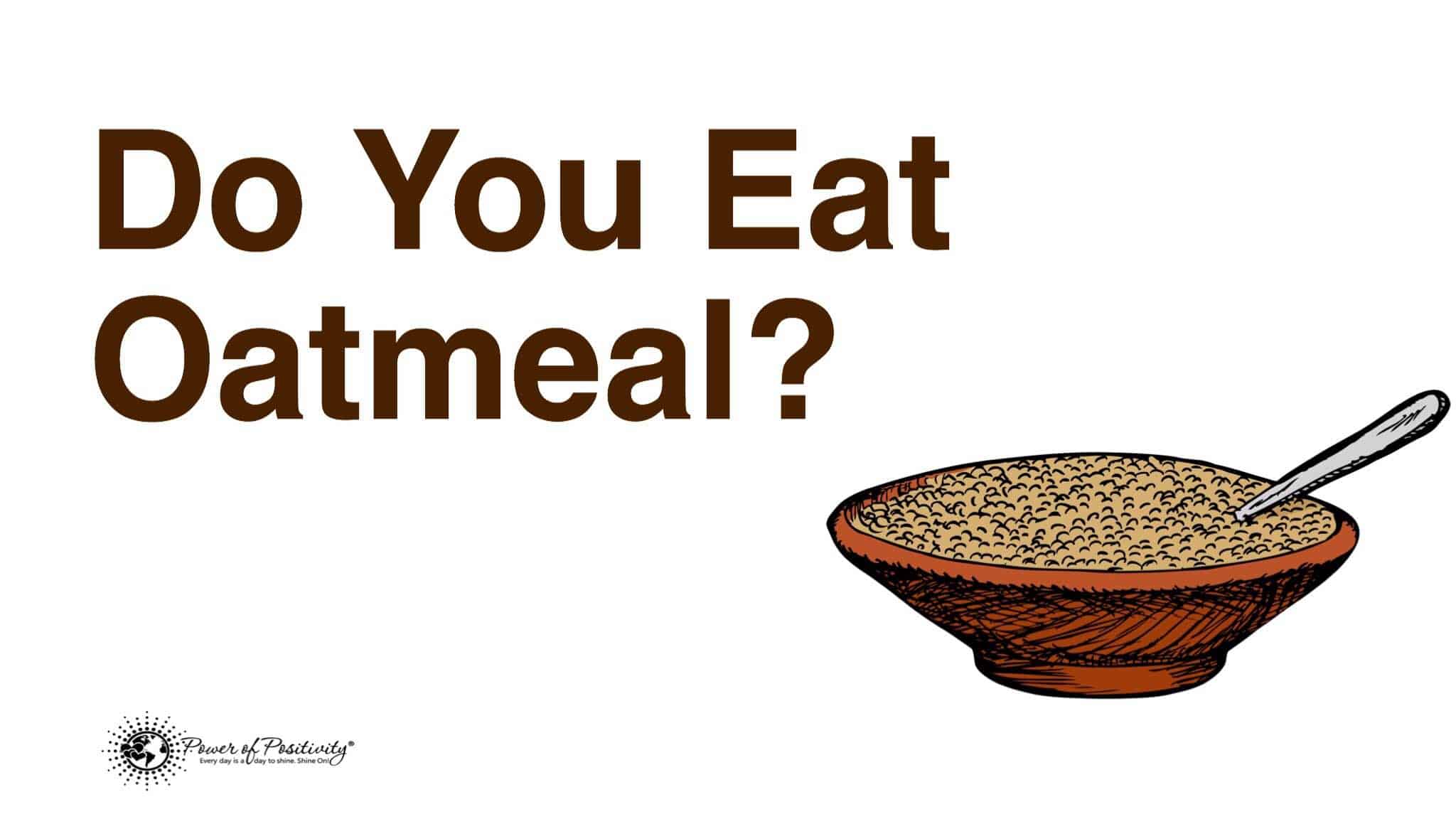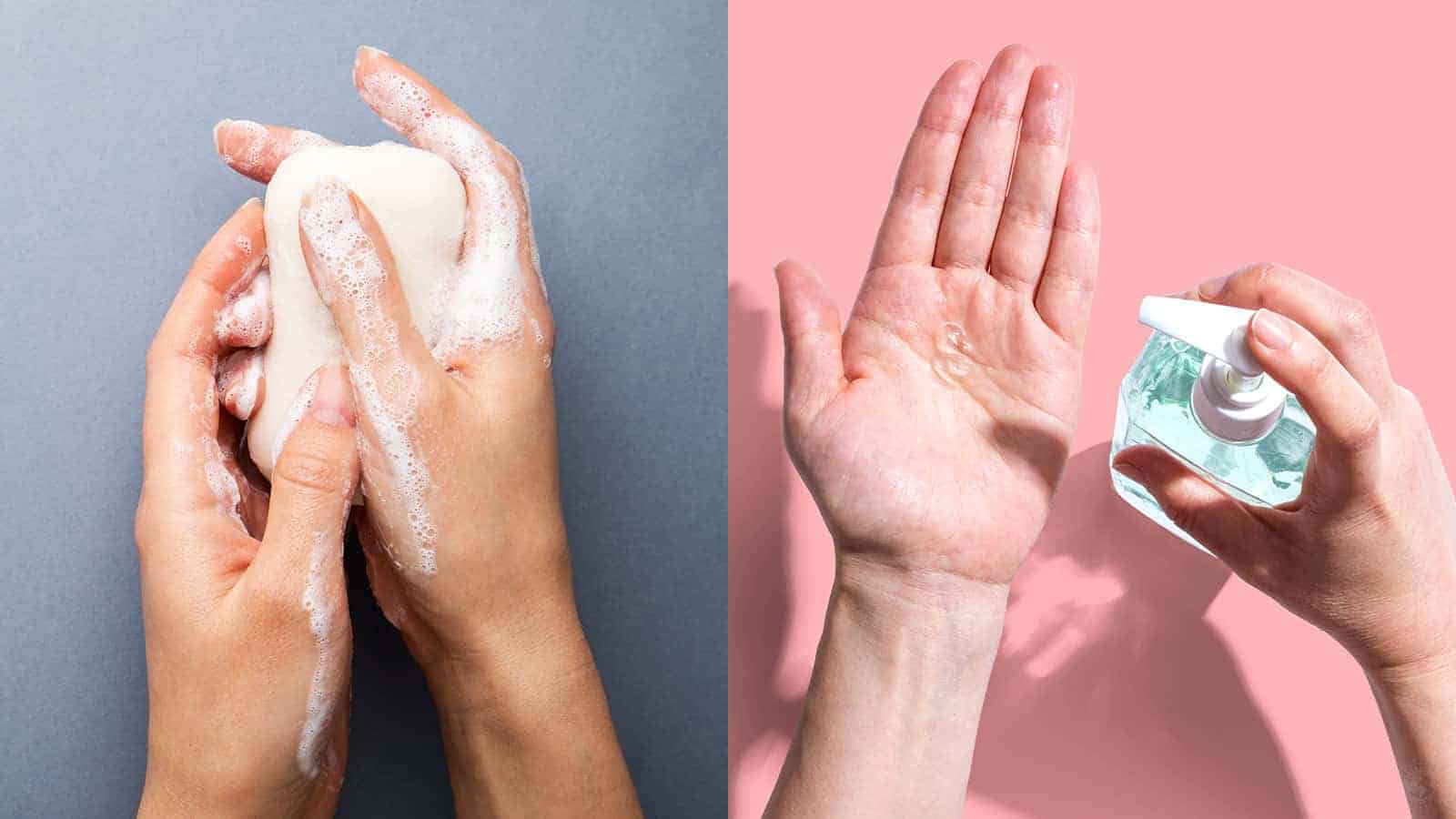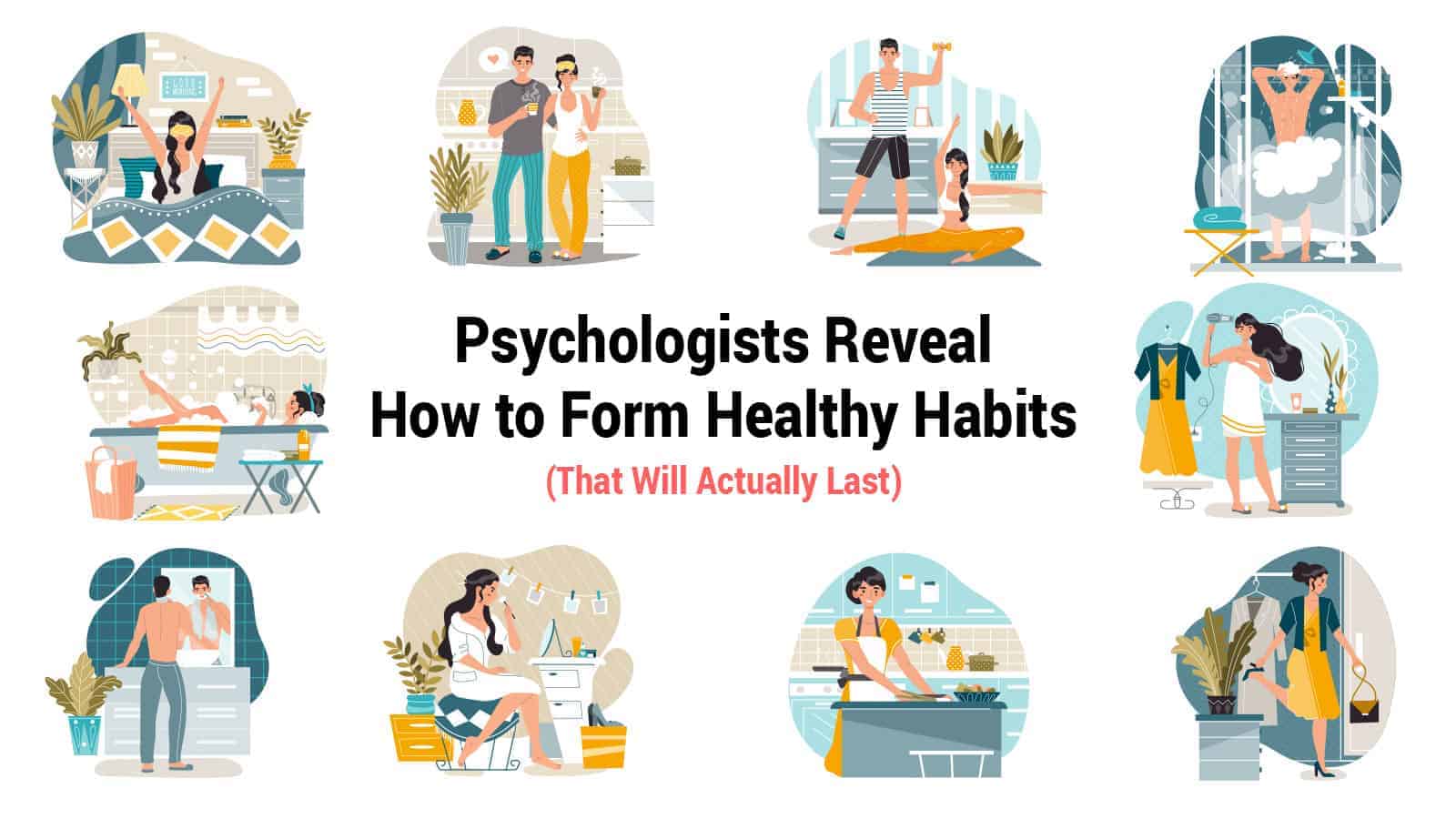There are so many different, conflicting sources of information about healthy habits out there. Some sources claim one thing is helpful, while others claim it is harmful, and you’re caught in the middle.
Unfortunately, there are some big myths out there as to what constitutes a healthy habit. To weed out the misinformation, you have to look to science for answers. Here are four healthy habits that aren’t that healthy.
1. Taking Certain Medications
Medications and supplements are excellent when prescribed by a doctor. If you decide to take them without a medical professional’s advice, though, you could wind up hurting yourself. Here are some habits to avoid:
· Taking Daily Multivitamins
There is now growing evidence that not only may these vitamins be ineffective in preventing chronic disease, but taking them in large doses is straight-up harmful.
It is best to simply maintain a healthy diet that is suitably varied instead of taking supplements. After all, all the vitamins and nutrients in the world can be found in our vegetables, fruits, and dairy products – along with fiber and various other trace elements we need!
· Always Reaching For Pain Medication
Unfortunately, there is an alarming trend where people assume that purchasing and consuming all sorts of over-the-counter painkillers is somehow both an effective and safe way to relieve oneself of pain quickly.
The misconception is that the pain-relieving effects will stack with additional pill consumed. Although pain relievers are not prescription, they are still a medication – and their compounded effects can quickly become dangerous.
· Taking Lots Of Antacids
Heartburn and acid reflux isn’t always caused by high stomach acid. Low stomach acid is more common than you may think – and that often is a contributing factor to any lower esophageal sphincter issues you may have.
While antacid medications may ease or relieve you of the symptoms, they do not address the root cause. That said, if you are on a proton pump inhibitor (PPI), do not go off them without your doctor’s supervision.
· Consuming Calcium Supplements Daily
Calcium may be necessary, but a recent analysis by research suggests that calcium supplements may increase the risk of plaque buildup in one’s arteries.
By contrast, a diet full of calcium-rich foods seems to offer protection instead. As such, consider avoiding calcium pills, and eat calcium-rich foods like leafy greens and dairy products to get your calcium intake instead.
2. Meal Habits
What you eat defines your physical and mental health, and there are all sorts of myths surrounding what the best meal habits are. Here are some that are decidedly not healthy habits at all:
· Not Eating At Night
Contrary to popular belief, eating after a particular hour at night doesn’t cause weight gain – a fact several studies back that. Instead, what is more, essential to your health is your general diet. Apple and peanut butter or hummus with pretzels will always be healthier than eating ice cream, regardless of whether it’s day or night.
Instead, listen to your body and eat when you feel hungry – even if it’s just before bedtime. You will have more positive sleep as a result. And as it turns out, good sleep has a more significant impact on your metabolism than any nighttime snacks you consume, in addition to helping you feel better the next morning.
· Having A Very Small Breakfast
Having just a fruit smoothie or a single banana for breakfast is actually incredibly unhelpful for you. These substances fill you up with some fibers and easy-to-digest sugars but lack the healthy fats and proteins the body craves at the start of the day. By contrast, studies have proven that it’s easier to maintain a healthy weight if you have a full breakfast that is packed with protein.
If you must have a banana, eat it with other sources of protein and fats. Alternatively, consider avoiding bananas and have some eggs with avocado toast instead. Regardless of what you decide to have, take the time to ensure it gives you the nutrients needed to kickstart your metabolism from its slow overnight mode.
· Counting Calories
The calories in food are much more complicated than you think, and your body is also incredibly intelligent in utilizing those calories. There is no “standard” number of calories that should be consumed each day – frankly. It is impossible to quantify health with numbers.
Additionally, counting calories in any way, even loosely, can quickly become an unhealthy obsession. Simply eat well by paying attention to your body’s hunger and fullness cues, and adjusting accordingly.
· Skipping Meals
Skipping breakfast is already a bad idea, but skipping lunch and dinner is just as bad. As a result, people – especially those who are trying to lose weight – end up replacing square meals with an endless stream of snacks throughout the day.
This habit creates an unhealthy cycle where you are always left feeling hungry, which makes you inclined to eat more unhealthy snacks instead of eating wholesome and healthy foods at a sit-down meal.
3. Hygiene Habits
It’s important to stay clean and healthy, but there’s confusing misinformation out there about what the best hygiene habits are – and some of that misinformation is pretty bad for you. Here are some examples:
· Washing Your Face Twice A Day
This is standard advice for skincare, but it isn’t suitable for everyone. While this is suitable for oily skin, this can dry out your face if you have dry skin. Over-washing your face is a possible thing – so washing twice a day isn’t going to be a magic number for most folks. That said, you should always wash it after a workout – no matter what.
· Cleaning Ears With Ear Swabs
Unless your ear canal is blocked or it’s causing you hearing problems, you should just leave your earwax alone. Ear wax actually serves a purpose – it helps push dead skin cells out of your ear, in addition to being antibacterial and antifungal.
Do note that about 5% of adults produce excessive amounts of earwax that might have to be cleaned out. If you are going to clean out your earwax, however, make sure you don’t use cotton swabs. Because ear-swabs are often bigger than half the diameter of your ear canal, it effectively blocks some of the earwax and pushes it further in and doesn’t produce any positive results.
· Using Hand Sanitizer
Hand sanitizer is undeniably helpful, but it is nothing compared to how efficient hand washing is. According to the Centers for Disease Control and Prevention (CDC), scrubbing your hands with soap and water is still the best way to kill germs and bugs like the norovirus.
The CDC advises washing your hands whenever possible, though you can use a hand sanitizer with a minimum of 60% alcohol if no soap and water is available.
· Washing Hair Daily
Most people will actually only need to wash their hair twice a week. At most, maybe five times a week. It’s not worth washing it more often – it doesn’t make your scalp any cleaner, and neither does it help your hair grow any faster.
Instead, over-shampooing can cause dry up your scalp. This causes it to develop flaking and intense itching and leaves it vulnerable to scalp and skin disorders like folliculitis or seborrheic dermatitis.
4. Diet Habits
A lot of people turn to diets to lose weight and get fit, but a lot of constrictive diets are more harmful than helpful. Here are some examples:
· Consuming Diet Foods
Diet food and drink is still wildly popular, despite increasing awareness that it is very unhealthy for you. For instance, zero-calorie diet sodas often contain all sorts of preservatives, additives, and chemicals that offset any supposed benefits it brings.
Reduced-calorie bread, low-fat yogurt and cheese, 100-calorie snack packs, and similar types of food are also items that truly healthy people will avoid. Instead, look towards buying wholesome foods like lean meats, vegetables, fruits, whole grains, butter and oils, and nuts and seeds. These are the types of foods that will fulfill and satisfy your body’s cravings and help you become truly healthy.
· Making Strict Food Rules
Trying to instill both hard and fast rules that eliminate or restrict your diet is often both ineffective and completely unnecessary. Examples include entirely cutting out all refined sugars and pizzas, or only have one dessert a week.
In reality, these are unsustainable limits and often create lots of stress and decreased positive thinking. For example, it’s nearly impossible to know what goes into the recipes of many restaurants, and avoiding pizzas entirely may force you out of potential opportunities to network and socialize. In the end, it’s best to make sure you just have a healthy, balanced lifestyle instead.
· Eating Low-Fat
Plenty of research has been done since the advent of low-fat diets in the 90s. These days, there is an increasing awareness about how essential fats are in a healthy diet. Dietary fat may help us lose weight.
By contrast, most low-fat yogurts often contain plenty of artificial sweeteners and added sugars – all of which are incredibly unhealthy.
· Cutting Carbs
When carbohydrates are unavailable, our bodies will turn to other energy sources like body fat. This has resulted in dieters assuming that cutting out carbs will help them lose weight. However, the reality can’t be further from the truth.
In reality, in response to a lack of energy, the body will start slowing down its metabolism rate to conserve energy. This leads to lethargy, breakouts, and less effective exercise sessions – all while staying the same weight or even gaining more. Instead, ensure that you have a balanced diet of starches, fruits, and complex carbohydrates for useful energy that will last.
· Trying Popular Diets
According to the US News and World Report, fad or elimination diets like Whole 30 and paleo are some of the worst diets in terms of creating lasting weight loss, preventing heart disease and diabetes, and providing good and proper nutrition.
In reality, gluten being bad for you is a myth, and the paleo diet does not biologically make any sense. Instead, these elimination diets offer false promises of weight loss and health to the detriment of positive thinking, and they often cause people to binge-eat foods that they normally would not crave. Regardless of what you eat, the act of binging is just simply not healthy.
Final Thoughts On Some Healthy Habits That Aren’t Really Healthy
The world of health is an industry – and as such, it’s a business just as much as any other, so you need to be aware of what’s right and what is just a myth. Keep yourself on your toes and make sure the habits you participate in are backed by science!

